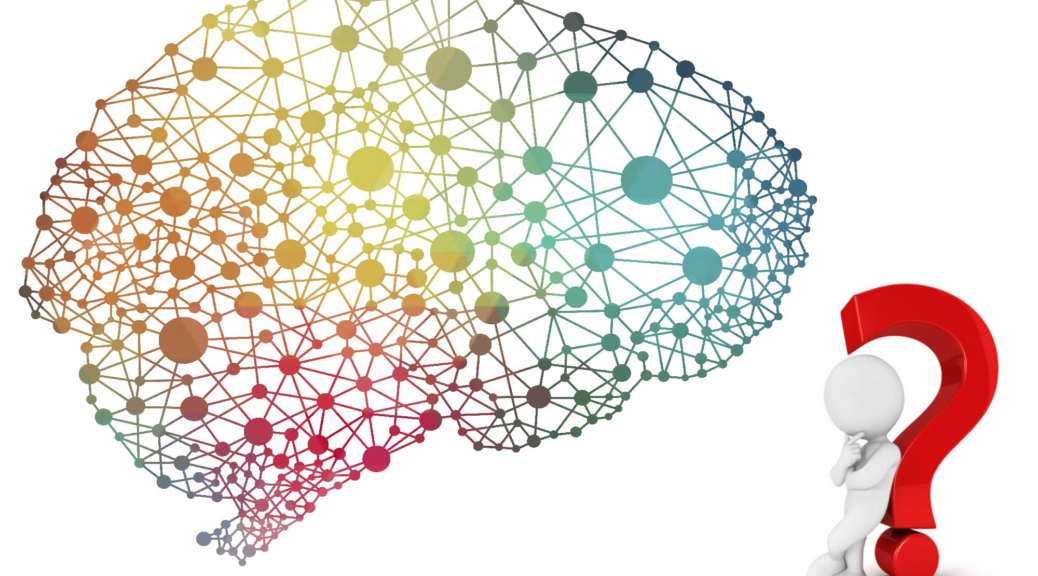Burnout and Expectations
Today, the vast majority of researchers, clinicians, and professionals in the autism world don’t know about autistic burnout. Autistic burnout is an idea that comes from autistic adults, and given how little contact there is between autistic adults and the community of researchers supposedly dedicated to learning more about autism, most researchers will never have had a chance to learn about it. Indeed, as far as I’m aware, the only people investigating autistic burnout from a research perspective are Dora…


